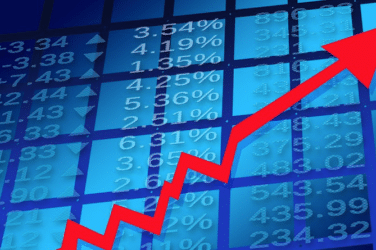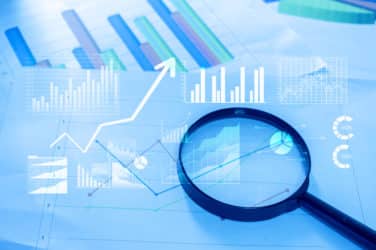
Exchanges are expected to make acquisitions to expand their data businesses over the coming year and enter the alternative data space according to Opimas.
The management consultancy said in a report, Exchanges: Innovation and New Business Models to Drive Growth, that selling market data has been a key part of exchanges’ business model in order to generate revenues streams that are less volatile and cyclical than transactional fees. The study continued that some exchanges now generate far more from data than they do from trading and clearing, including London Stock Exchange Group and Switzerland’s SIX, if revenues from the latter’s subsidiary, SIX Financial Information, are included.
“Data still account for a minority of revenues for most exchanges,” said the report. “Over the coming year, we expect to see a number of these exchanges make acquisitions to bolster their data businesses, as they continue to seek additional revenue streams.”
However the increasing cost of market data from exchanges has led to complaints from members. Octavio Marenzi, founder and chief executive of Opimas, said in the report that these complaints are misplaced as market data revenues have been falling at some of the largest exchanges including CME, Deutsche Börse and London Stock Exchange Group.
“For those exchanges where we have seen strong growth, this has typically come from areas such as indices or analytics and has been fuelled by a large number of acquisitions in the area, rather than organic growth,” he added.
Nasdaq today reported results for the first quarter of this year and said in a statement that market data comprised 16% of total net revenues at $100m, the same as in the first three months of 2018.
1Q19 $NDAQ earnings results: Strategic repositioning and non-trading review growth continue https://t.co/7lnQGj0HU7 pic.twitter.com/tEJsdBNAPt
— Nasdaq (@Nasdaq) April 24, 2019
Opimas identified Nasdaq as the exchange which has pursued alternative data most aggressively creating the Nasdaq Analytics Hub in 2017, and acquiring Quandl, an alternative data provider, last year.
“While Nasdaq has staked out a position in alternative data, other exchanges have been reluctant to follow,” added Marenzi. “However, we expect to see more exchanges enter the fray, since it is a natural extension of their existing market data and index businesses.”
Nasdaq reported that investment data & analytics were at $39m in the first quarter of 2019, up $15m year-on-year.
What is Nasdaq’s edge? $NDAQ CEO @adenatfriedman speaks with @CNBC about the company’s strategic pivot to technology and data. https://t.co/6K0ZRP1Xex pic.twitter.com/UIxemwc7jG
— Nasdaq (@Nasdaq) April 24, 2019
Indices
The consultancy said exchanges have also diversified through acquiring indices. Nasdaq reported that its index business contributed 9% of total net revenues at $54m in the first quarter of 2019, up $4m from a year ago. The exchange said ETP assets under management tracking Nasdaq indexes increased 13% year over year to $196bn at the end of March 2019.
Opimas said the European Union’s Benchmark Regulation (BMR) has also provided a boon to index providers, which have been able to levy additional fees to users of their indices for regulatory reporting.
This month Deutsche Börse said in a statement it was acquiring Axioma, a provider of cloud-based portfolio and risk management software, for $850m and combining it with its STOXX and DAX index businesses to form a new company.
@AxiomaInc will combine with @DeutscheBoerse's index businesses @stoxx and DAX to create a new, leading buy-side intelligence player. Read here: https://t.co/xvyYLUtqiI pic.twitter.com/wZCPFp6inF
— Axioma (@AxiomaInc) April 9, 2019
Sebastian Ceria, founder and chief executive of Axioma, said in a statement: “The union of Axioma, STOXX and DAX under the Deutsche Börse umbrella creates a growth company that is uniquely equipped to help clients capitalize on the critical trends now reshaping the investment-management landscape.”
Deutsche Börse and Axioma have had an existing partnership since 2011 and have jointly developed products, including factor indices and exchange-traded fund offerings.






